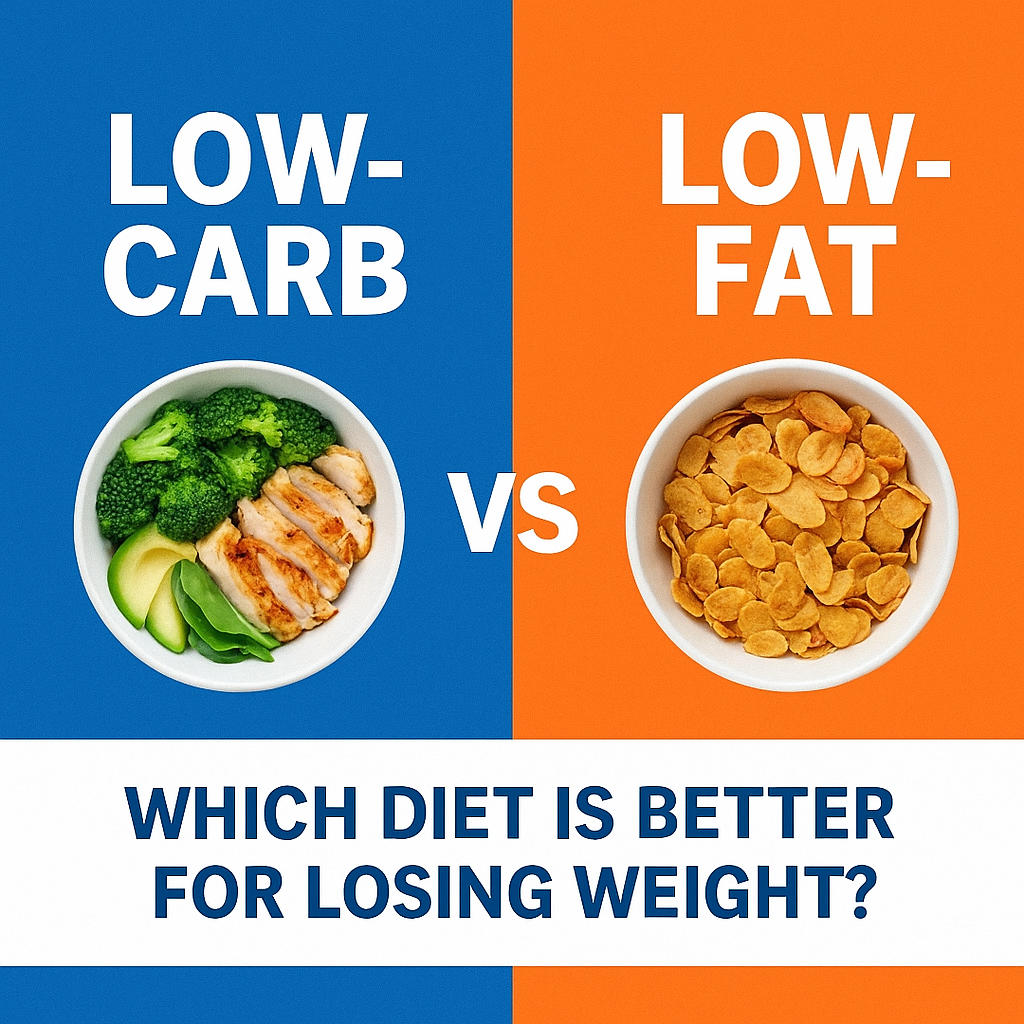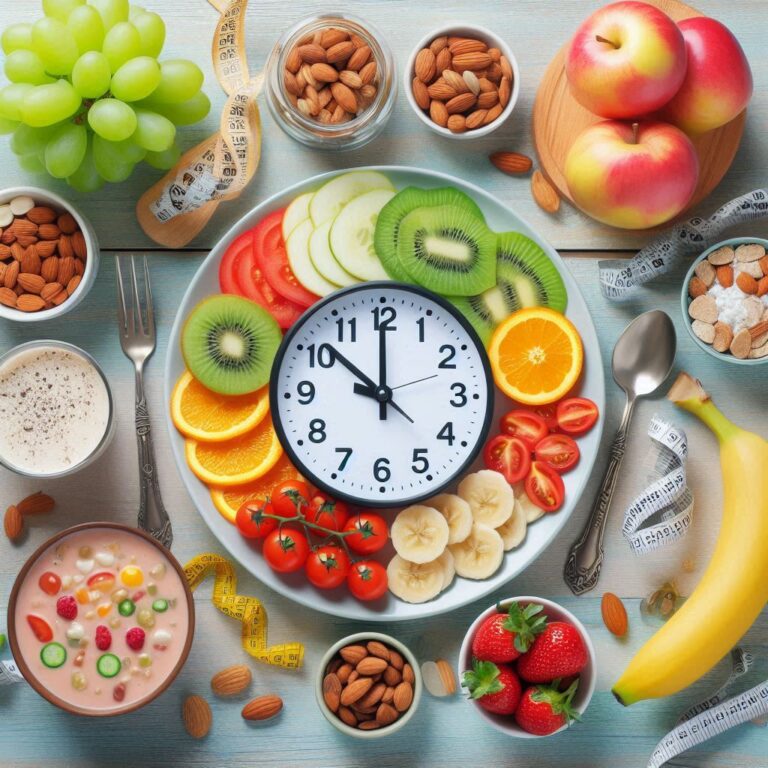When it comes to losing weight, few topics are as hotly debated as the merits of low-carb versus low-fat diets. Both have been around for decades and have passionate supporters claiming superior results. But which one actually works better for weight loss? This article dives into the science, benefits, and drawbacks of both approaches to help you decide which might be right for you.
What Is a Low-Carb Diet?
A low-carbohydrate diet restricts your intake of carbs, particularly refined sugars and starches like bread, pasta, and sugary snacks. Most low-carb diets recommend consuming less than 100 grams of carbs per day. Popular versions include the ketogenic diet, Atkins diet, and Paleo diet.
Foods commonly included:
- Meat, poultry, fish, and eggs
- Non-starchy vegetables
- Healthy fats like olive oil, avocado, and nuts
Foods to avoid:
- Sugary foods and beverages
- Grains and starches
- High-carb fruits and legumes
The main theory is that reducing carbs lowers insulin levels, a hormone that helps your body store fat. With less insulin, your body starts burning stored fat for energy.
What Is a Low-Fat Diet?
A low-fat diet limits the intake of fats, especially saturated fats. Typically, less than 30% of your daily calories should come from fat. This diet gained popularity in the 1980s following public health guidelines.
Foods commonly included:
- Fruits and vegetables
- Whole grains
- Lean proteins like chicken and fish
Foods to avoid:
- Fatty meats and full-fat dairy
- Butter, oils, and fried foods
- Processed snacks with high fat content
The idea is simple: fat contains more calories per gram (9 calories) compared to carbs or proteins (4 calories), so reducing fat intake should reduce total calorie consumption.
How Each Diet Promotes Weight Loss
Low-Carb Diet Mechanism:
- Reduces insulin levels, helping fat to be released and burned.
- May induce ketosis—a state where your body burns fat for fuel.
- Higher protein and fat intake can suppress appetite, reducing overall calorie consumption.
Low-Fat Diet Mechanism:
- Reduces calorie intake by cutting out high-fat, calorie-dense foods.
- Encourages the consumption of nutrient-dense, low-calorie foods.
- Easier for some people to follow due to the abundance of low-fat products.
Both diets can create a calorie deficit, which is ultimately the key to weight loss.
Scientific Evidence: What Studies Show
Numerous studies have compared low-carb and low-fat diets. For example, the DIETFITS study from Stanford University followed over 600 people for a year and found no significant difference in weight loss between the two groups.
However, individual results varied greatly:
- Some people lost more weight on low-carb, especially those with insulin resistance.
- Others found low-fat diets easier to maintain and just as effective.
Short-term vs. long-term results:
- Low-carb diets often result in faster initial weight loss, mostly due to water loss.
- Over time, the difference in fat loss between the two diets tends to even out.
Pros and Cons of a Low-Carb Diet
Pros:
- Rapid initial weight loss.
- Better blood sugar control for diabetics.
- Reduced appetite and cravings.
Cons:
- May cause fatigue, headaches, or constipation.
- Difficult to sustain long-term.
- Limited food choices.
Pros and Cons of a Low-Fat Diet
Pros:
- Easier to follow in a modern food environment.
- Supports heart health when focusing on unsaturated fats.
- Encourages plant-based eating.
Cons:
- May not be as satisfying.
- Risk of replacing fat with sugar or refined carbs.
- Can lead to nutrient deficiencies if not planned properly.
Which Diet Works Better: Key Takeaways
Ultimately, both diets can lead to weight loss if they create a calorie deficit. Studies show that adherence to the diet matters more than the specific macronutrient composition.
Key considerations:
- Medical conditions: Diabetics may benefit more from low-carb.
- Lifestyle: Active individuals may prefer low-fat for better carb availability.
- Sustainability: Choose the one you can stick to long-term.
Tips for Choosing the Right Diet for You
- Experiment: Try each diet for a few weeks to see how your body reacts.
- Track your progress: Monitor weight, mood, energy levels, and hunger.
- Personalize: Adjust based on your preferences and lifestyle.
- Consult a professional: A nutritionist or doctor can provide tailored guidance.
Conclusion
There’s no one-size-fits-all answer when it comes to low-carb vs low-fat diets. The best diet is the one that fits your lifestyle, keeps you satisfied, and helps you stay in a calorie deficit. Whether you prefer steak and eggs or oatmeal and bananas, the key is consistency and balance.
Have you tried either of these diets? Share your experience in the comments below!




